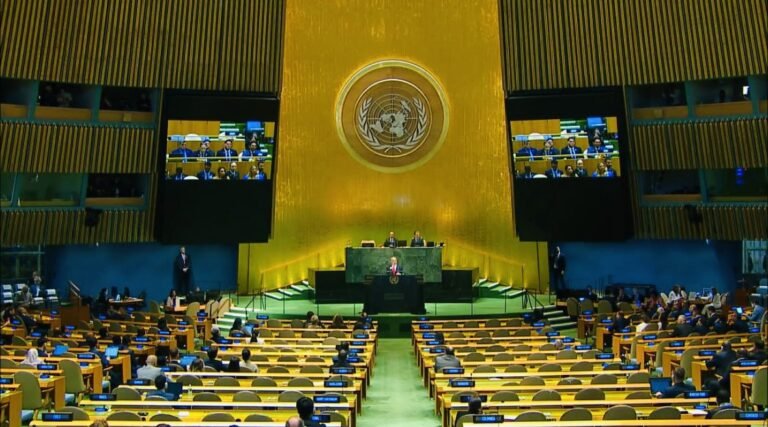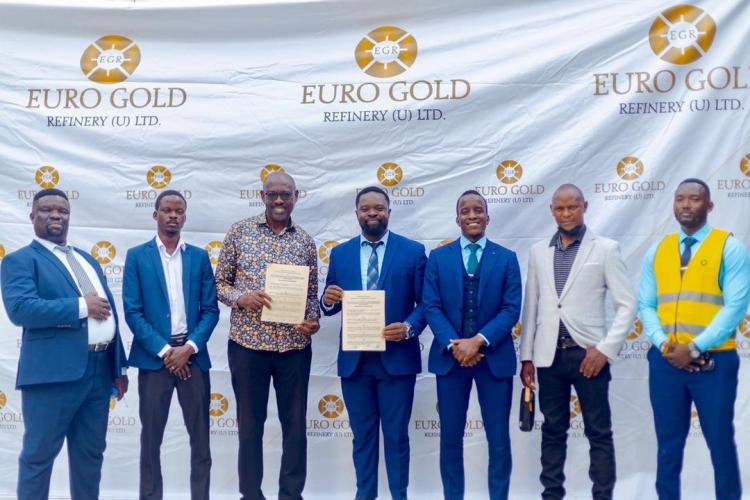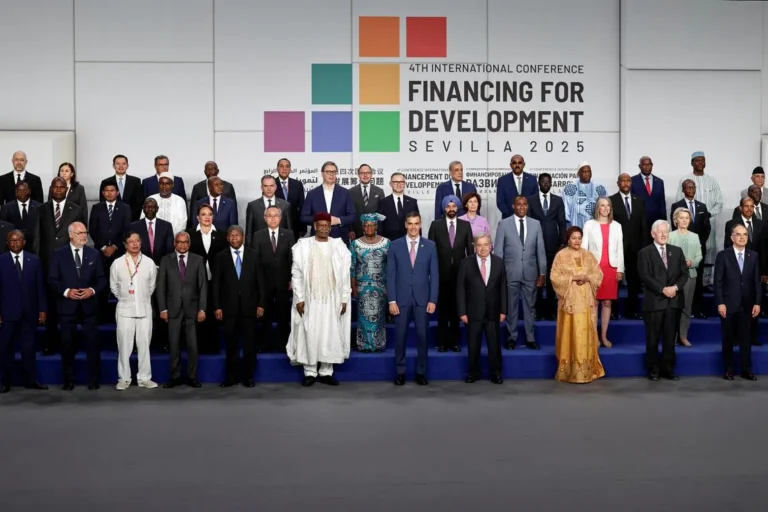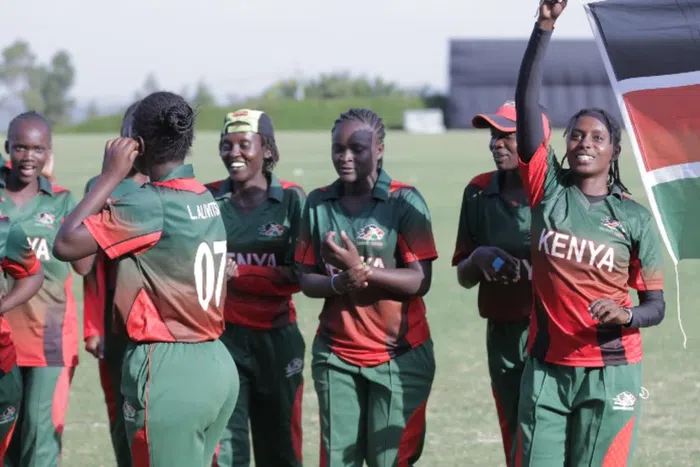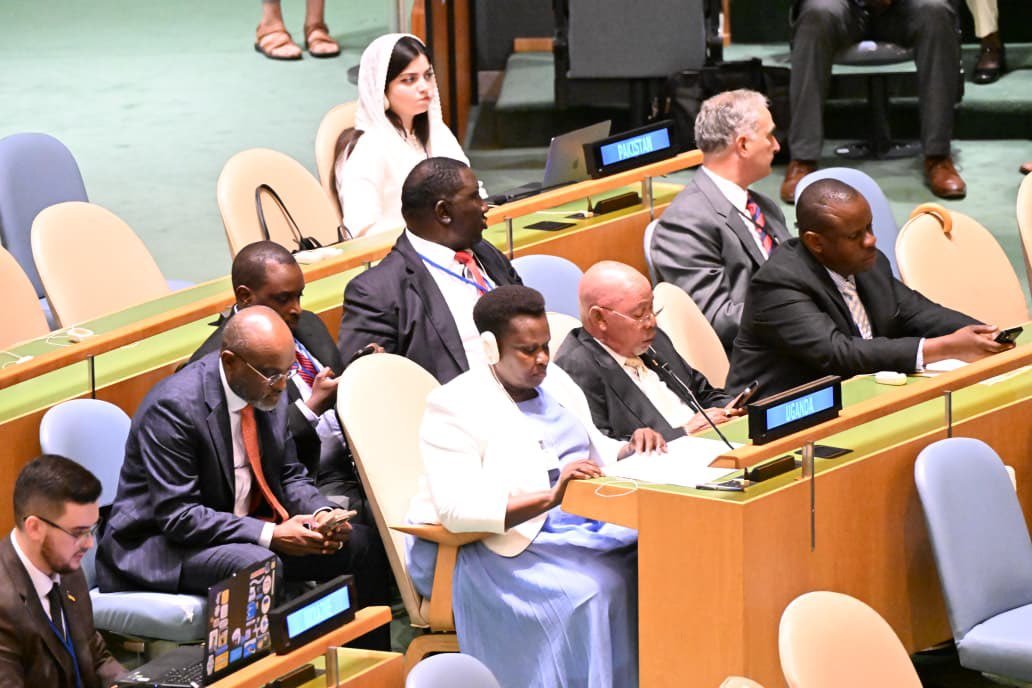
Uganda Calls for Strengthened Multilateralism and Equity in Global Governance at UNGA80
New York, September 25, 2025 – In a powerful address to the 80th Session of the United Nations General Assembly, Her Excellency Maj. (Rtd) Jessica Alupo, Vice President of the Republic of Uganda, underscored the critical importance of reinvigorated multilateralism and global solidarity to address pressing international challenges.
Speaking under the theme ‘Better Together: 80 years and more for peace, development and human rights,’ Vice President Alupo began by congratulating the President of the Assembly and reaffirming Uganda’s commitment to the UN Charter as the cornerstone of international cooperation.
A Pillar of Regional Peace and Security
Highlighting Uganda’s active role in promoting regional stability, H.E. Alupo detailed the country’s longstanding contributions to peace missions, particularly in Somalia, where Uganda has been the largest troop contributor to AMISOM since 2007 and now supports its successor missions. She also emphasized Uganda’s involvement as a guarantor of the peace process in South Sudan and its support for the Nairobi and Luanda processes aimed at resolving the conflict in the Eastern Democratic Republic of the Congo.
The Vice President called for increased and predictable international funding for peacebuilding and peacekeeping operations, stating that regionally-led initiatives are vital for sustainable development. She urged greater global cooperation to tackle the root causes of conflict, including inequality, climate change, pandemics, and terrorism.
Urgent Reform of the UN Security Council
A significant portion of the address was devoted to the urgent need for comprehensive reform of the UN Security Council. Vice President Alupo firmly demanded equitable representation for Africa, in line with the Ezulwini Consensus and Sirte Declaration.
“We demand for Africa’s representation on the Council as a special case, as a matter of urgency,” she stated, calling for two permanent seats with full privileges and two additional non-permanent seats for the continent.
On the Palestinian issue, Uganda urged the international community to prioritize the Two-State Solution and called on the Security Council to play a “decisive and just role” in achieving lasting peace in the Middle East. The statement also joined the long-standing international call to end the embargo on Cuba.
Burden-Sharing for Refugees and SDG Financing
Uganda’s progressive refugee policy, which sees the country hosting 1.93 million refugees—the largest number in Africa—was highlighted as a model of compassion. However, Vice President Alupo warned that this model is under severe strain due to declining international support.
“Refugee hosting should not become a debt burden. Uganda should not be expected to borrow money to care for displaced populations,” she asserted, urging the international community to meet its obligations and support host countries.
With five years remaining to achieve the 2030 Agenda for Sustainable Development, the address pointed to a critical $4 trillion annual financing gap. Uganda called for the full implementation of existing commitments, such as the Sevilla Commitment and the Addis Ababa Action Agenda, to enable developing countries to expand their fiscal space and drive inclusive development.
Domestic Achievements and Leadership in NAM
The statement outlined Uganda’s domestic commitments to human rights, democracy, and social development, including the introduction of universal free primary and secondary education and a successful HIV/AIDS response that has achieved 96% treatment coverage.
As the current Chair of the Non-Aligned Movement (NAM), Uganda committed to advancing unity and solidarity among members. Vice President Alupo announced the upcoming 19th NAM Midterm Ministerial Conference in Kampala in October 2025 and called for accelerated progress on the Covenant on the Right to Development.
Conclusion: A Call for Collective Action
In concluding, Vice President Alupo praised the UN’s indispensable role over the past eight decades but emphasized that more must be done to adapt the multilateral system to current realities.
“Let us commit to leaving no one behind ‘Better together’,” she urged, calling for redoubled efforts to ensure the UN is capable of addressing the intertwined global challenges of peace, security, human rights, and sustainable development.
I thank you.

